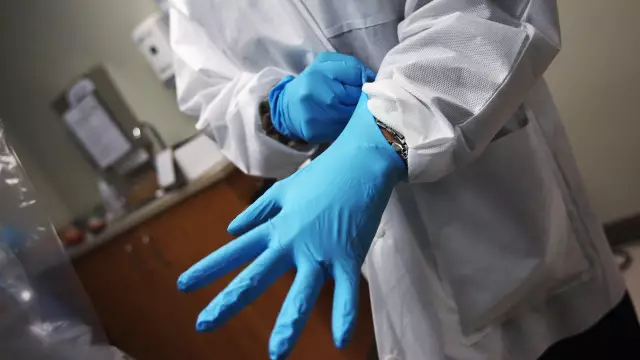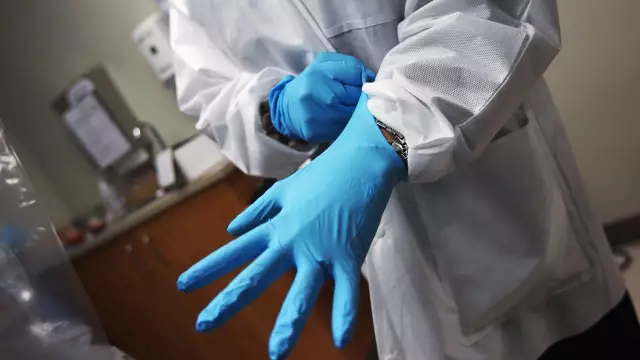- Author Rachel Wainwright wainwright@abchealthonline.com.
- Public 2023-12-15 07:39.
- Last modified 2025-11-02 20:14.
Medical abortion and menstruation

After a medical abortion, menstruation is an indicator of the restoration of ovarian function, and irregularities in the cycle indicate inflammatory processes and hormonal disruptions.
Restoring the body after medical abortion
Medical abortion is a serious intervention in a woman's reproductive system, and after it, a number of consequences arise.
After a medical abortion, menstruation is a sign of normal functioning or disorders in a woman's reproductive system. After the procedure, you must carefully monitor the menstrual cycle until it is fully restored.
After a medical abortion, your periods are usually painless, but they are heavier than usual during the first few months. According to statistics, about 10-15% of women feel an increase in pain during menstruation and take pain medications.
Gynecologists recommend that if you experience cramping pains and an increase in body temperature, immediately contact a medical institution. Painful periods after a medical abortion may be the result of an incorrectly performed procedure with the presence of particles of the ovum and endometrium in the uterine cavity.
Usually, a delay in menstruation after medical abortion indicates inflammation and hormonal imbalance. For most women, after a medical abortion, menstruation begins in 30-35 days. If after 35 days menstruation has not begun, then a pregnancy test should be done and consult a gynecologist.
Pregnancy can occur 2 weeks after the abortion, therefore, to normalize the functioning of the reproductive system and stabilize the hormonal background, the gynecologist prescribes a course of contraceptives for 2-3 months. Often, birth control pills are prescribed to drink after an abortion, counting the day after surgery as the first day of the menstrual cycle.
Medical research has identified several factors that directly affect the recovery time of a woman's body after a medical abortion. These factors include the woman's age and physical condition, the term of termination of pregnancy, the presence or absence of hormonal disorders, the success of the operation and the professionalism of the surgeon.
Causes of menstrual irregularities after medical abortion
After a medical abortion, menstruation should start according to the woman's cycle, as the procedure does not block progesterone receptors. The onset of menstruation must be read off from the day of rejection of the ovum.

The delay in menstruation after medical abortion should not exceed 10-14 days. This duration is normal for the restoration of the functioning of the genitals.
If during the period of menstruation after a medical abortion severe bleeding and pain occur, then an urgent examination of the uterine cavity is necessary to avoid the development of endometriosis.
The main reasons for menstruation disorders after an abortion is a serious effect on the body of this procedure. After removal of the embryo, the reproductive, immune, hormonal and excretory systems are in a state of imbalance. Also during this period, women may experience psychological problems, insomnia and fatigue. During this period, the body is weakened and can be strongly influenced by infections and viruses. Stress and stress after a medical abortion may cause your period to start later.
Complications after medical abortion can lead to uterine disease and infertility. After the procedure, it is necessary to undergo an examination and regularly visit a gynecologist in order to reduce the risk of developing genital diseases and infertility.
Found a mistake in the text? Select it and press Ctrl + Enter.






